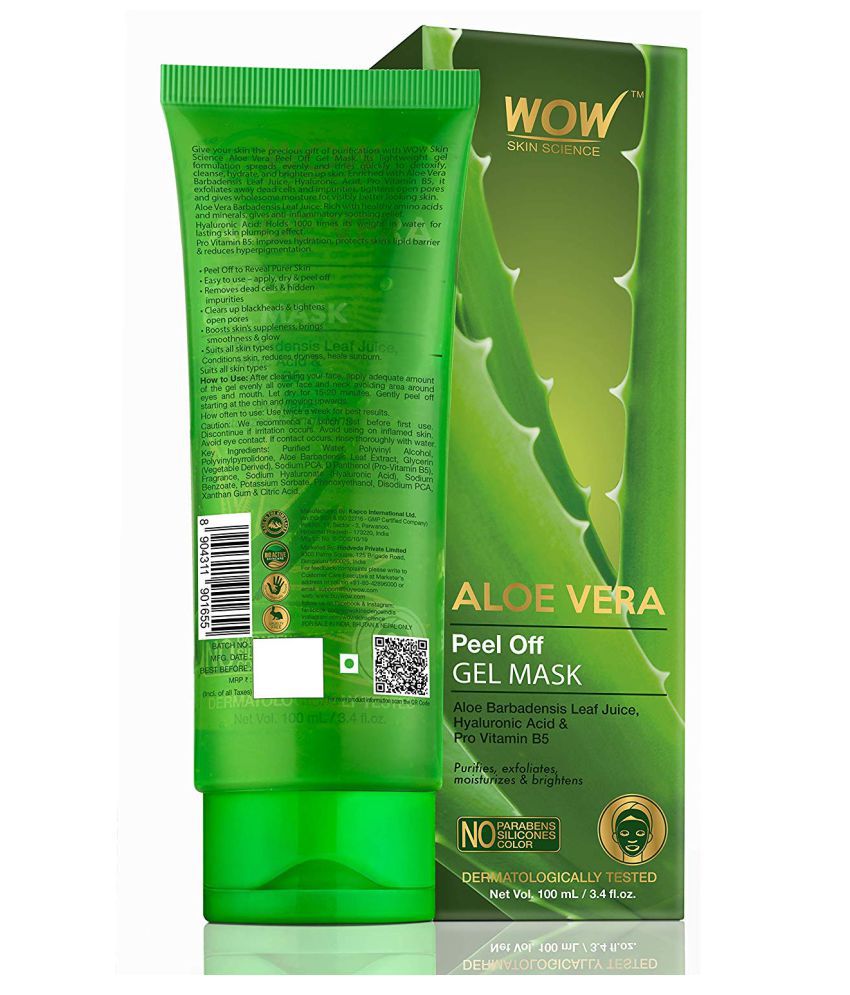
- #Leavd alpe on skin or wrise skin
- #Leavd alpe on skin or wrise Patch
- #Leavd alpe on skin or wrise full
The benefits of Aloe can far outweigh the risks.
#Leavd alpe on skin or wrise Patch
They also note that patch tests produced positive reactions and that negative Aloe reactions are rare when manufacturers process Aloe avoiding potential irritants, which we do here at Odylique. In fact, a study (that can be read here), observed a 72-year-old woman suffering from dermatitis who used Aloe on her body to relieve herself from the pain she was experiencing, with effective results. These actually give aloe the ability to reduce the symptoms of allergy.
#Leavd alpe on skin or wrise full
You can get a full explanation in our ingredients section here, but aloe’s succulent stems contain all 8 amino acids (which are the building blocks of proteins) and enzymes. This is due in no small part to the make-up of the plant itself. We widely use it in Odylique products too, including in our Aloe vera shampoo.
#Leavd alpe on skin or wrise skin
The topical application of Aloe is beneficial for skin conditions such as eczema and acne.įor this reason it is a very popular in ‘natural’ cosmetics from toothpaste to commercial after-sun lotions and as a simple Aloe vera gel. The Chinese even referred to aloe as the elixir of youth, with it’s anti-aging properties.Īloe vera’s power to seal wounded skin, protecting it from infection and helping moisture retention while the skin repairs itself, is well documented. But do remember – your symptoms might not stem from the Aloe at all!Īloe juice has been used in ancient times by the Egyptians, Greeks and Romans as a moisturiser, cell regenerator and healer, both internally and externally. These allergy symptoms do differ from the side effects of consuming Aloe vera juice internally, which may result in cramping and diarrhoea. If you believe you are experiencing an allergic reaction to aloe vera in skin care you will perhaps be experiencing the following symptoms: ITCHING OR BURNING SKIN

And even more unlikely you would only be allergic to one plant in the family. It comes from the same plant family as garlic and onions, so if you are allergic to one, you may be sensitive to all. We can help you test this theory on yourself too! There are of course a few cases of people allergic to Aloe vera. Here at Odylique, we often come across people who think they’ve had allergic reaction to aloe vera in skin care, but it turns out that they’re not. *A section to see if you really do have an aloe vera allergy by signing up for a free sample of our aloe-rich Repair Lotion by filling in the form that appears when you scroll down the page.

The following article will address the solutions to your Aloe vera concerns, including: But what if you think you’ve found out the culprit and actually it’s something else? Think you might have an Aloe Vera Allergy? Allergies are not fun, and with aloe vera being a key ingredient in many skin care products you will want to be able to get to the bottom of what’s causing the problem as soon as possible. Think You Have An Aloe Vera Allergy? – Maybe Not! Find Out Here!


 0 kommentar(er)
0 kommentar(er)
